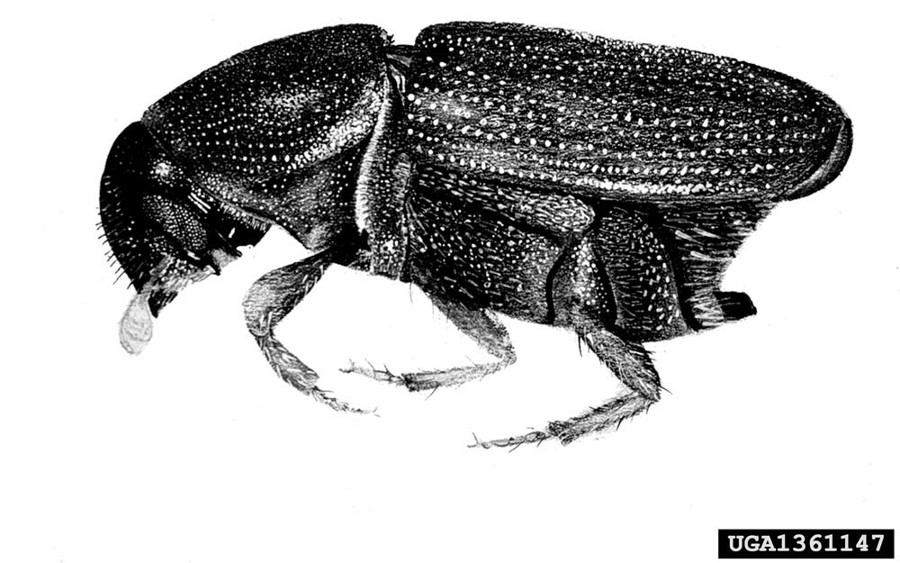Sound solutions

Informed consent for medical research participants didn't exist in 1951 when researchers took the cancerous cervical cells of Henrietta Lacks, a poor African American woman, and developed "HeLa" cell cultures for worldwide study.
By 2013, when scientists sequenced—and published—Lacks' genome from those cells without the family's permission, it spotlighted ethics, race, gender, and justice in biomedical research. Further, the National Institutes of Health director described Lacks as a matriarch for her contribution to science; an irony that didn't escape many, including James Doucet-Battle, a UC Santa Cruz medical anthropologist.
"Matriarchal societies are those in which women wield control over political and economic resources," said Doucet-Battle. "For Henrietta Lacks, and historically for African American women, that's not quite the case."
With Henrietta Lacks as a starting point, Doucet-Battle examined the social contract between society and government in his paper, "Bioethical Matriarchy: Race, Gender, and the Gift in Genomic Research," published in Catalyst.
"It's about answering whether there's a possibility of an ideal democratic form of citizenship, in which the obligations to give and receive are based not on sacrificial forms of exchange, but on egalitarian forms of exchange," he said.

